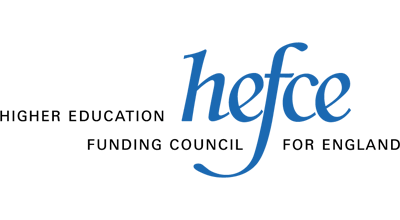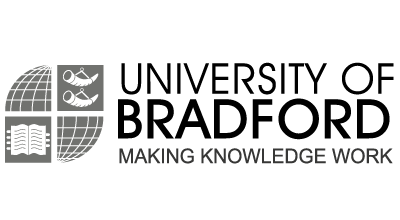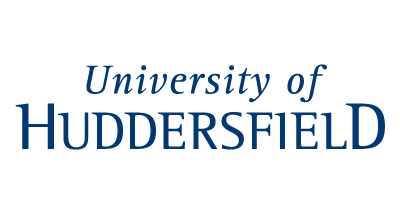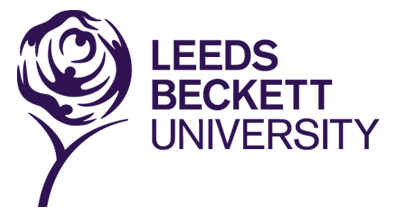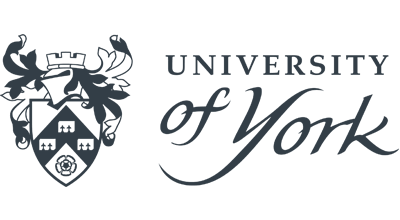Date published: 27/10/16
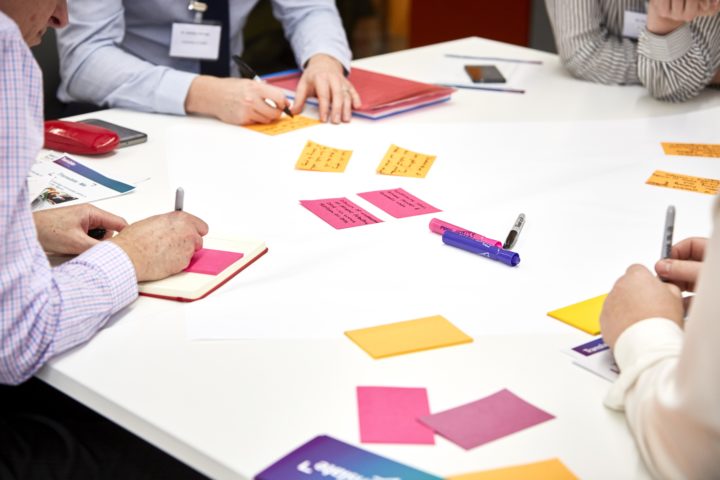
More than a million people in the UK are expected to be living with some form of dementia by 2025. Assistive technologies are crucial to tackling this growing challenge, to address complex issues in independence and care.
Leeds City Region universities have extensive expertise in dementia care and support and in developing assistive technologies. The Translate programme decided to bring these two specialities together with local healthcare and social services professionals in a workshop to address unmet clinical needs.
Key to making the workshop a success was the partnership with Suzanne Morton, Manager of ALLINN (Assisted Living Leeds Innovation Lab). ALLINN was set up by Leeds Beckett University and Leeds City Council to offer end-user consultation and needs analysis services to companies developing assisted living technologies.
Suzanne was able to put Translate in touch with relevant care and support organisations, which were invited to attend the workshop. Held in June 2016, the workshop gave partners the chance to discuss in detail what are the greatest challenges in dementia care, what kind of assistive technologies could support change – all centred around the reality of living with dementia.
Researchers spent time developing ideas with professionals from Leeds City Council Adult Social Care, NHS Memory Services, and Touchstone, a not-for-profit organisation that provides mental health and well-being services in South Leeds. They identified around 25 areas of unmet clinical need and proposed 13 different assistive technology projects to address some of those areas. Participants were invited to comment on the proposals during the event and indicate which they might be able to help take forward.
“What the workshop aimed to do was to pool knowledge to give the best possible outcomes for people living with dementia and their families” explains Suzanne. “The partners approach these challenges from such different angles and bring different skills, from research, to hands-on care, or an understanding of the processes needed to implement change. All this expertise is necessary to achieve the improved care and support that is so urgently needed.
Within one month of the workshop, researchers at Leeds Beckett University and the University of York began working with Translate to turn one of the ideas from the day into a grant proposal for a new collaborative pilot project. This was submitted to the Big Lottery Fund Disabled Research and Independent Living and Learning (DRILL) programme at the end of July 2016.
“Many of our academics at the five Translate partner universities hadn’t worked with each other before, or with the particular healthcare and local authority professionals that came to the meeting,” adds Danielle Miles, Technology Innovation Manager for Translate. “It was great to see such a strong commitment towards working in partnership and to watch project ideas emerge and take shape. We’re particularly excited to see our first projects getting underway after such a short time.”
Rehabilitation and Assistive Technology

